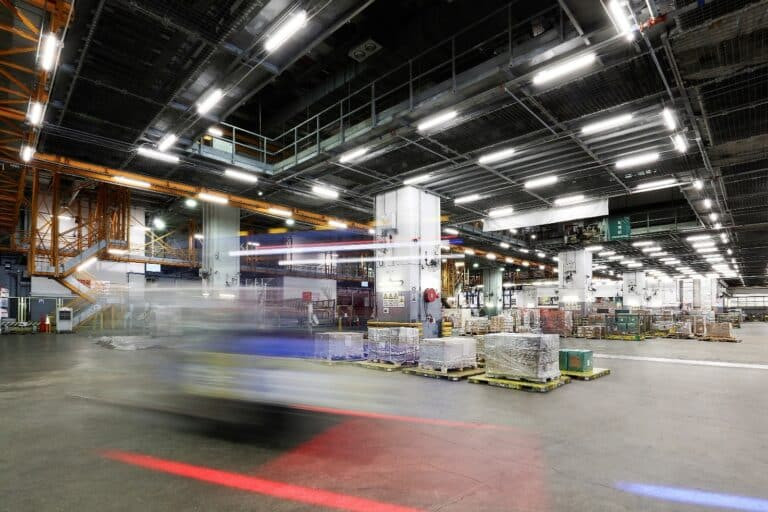Cathay Cargo Terminal has continued to enhance the service it provides to customers with the launch of Electronic Shipment Release Forms (eSRF), making it the first Hong Kong cargo terminal operator to provide end-to-end digitalised import collection. This new eSRF feature forms an integral part of the Import Air Cargo Collection Digitalisation Module of Airport Authority Hong Kong’s (AAHK) HKIA Cargo Data Platform.
The eSRF functionality speeds up the entire import collection process, providing improved efficiency and enabling freight forwarders to plan their work schedule with more flexibility. Additionally, eSRFs are more secure than paper/manual identification verification, provide more visibility for customers and eliminate paper Shipment Release Forms (SRF), reducing archiving storage for freight agents and contributing to a more sustainable future.
READ: Cathay Pacific passes milestones in 2023
Previously, freight forwarders could only obtain SRFs by undergoing authentication with paper-based identification documents and queuing for truck dock and cargo clearances. Under the new process, an eSRF can be issued through electronic authentication. Airlines can issue the eSRF to freight forwarders or consignees for pre-registration, automatic truck dock allocation, and online queuing for cargo clearance. With the inspection confirmation being recorded electronically, a cargo release confirmation will be shown on the mobile device.
Cathay Cargo Terminal is the pioneer cargo terminal partner of the AAHK and co- developed this solution together, in consultation with the Hong Kong Association of Freight Forwarding and Logistics (HAFFA), airlines, cargo agents, truckers, and regulators.
Cathay Cargo Terminal Chief Operating Officer Mark Watts said: “The introduction of eSRF is a real game changer – akin to the introduction of e-tickets in passenger aviation. We are proud to have worked hand-in-hand with the AAHK to make this a reality. Our customers are increasingly looking to leverage digitalisation to unlock efficiency and transparency, while also looking to work with common standards and true community solutions that enable them to share data quickly across the supply chains with minimal integration. The HKIA Cargo Data Platform serves as an enabler in driving such transformational change for the industry”.
READ: Cathay welcomes three new partners into corporate SAF programme
The HKIA Cargo Data Platform, as developed and managed by AAHK, is an open and neutral community-based digital platform on blockchain that connects air cargo stakeholders together through a synchronised and trusted network to enable global supply chain digitalisation and innovation as well as global trade facilitation. It can also accelerate ecosystem formulation and collaboration to propel Hong Kong’s air cargo industry to a new frontier.
Watts continued: “The introduction of eSRF reinforces our position as a digital leader in the cargo terminal industry, further strengthens Hong Kong International Airport as the leading international aviation hub and is another milestone to help us meet our vision of becoming the world’s most customer-centric cargo terminal.”




